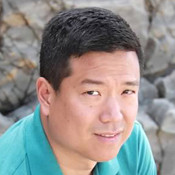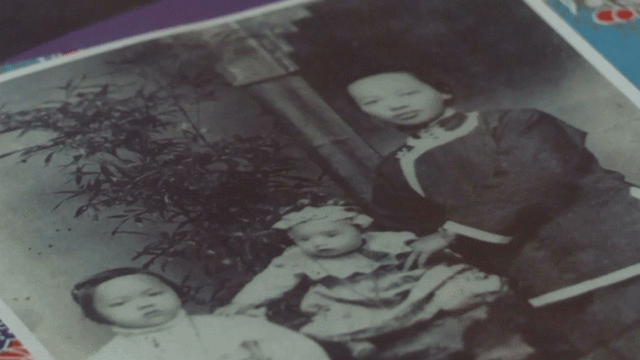The Chinese Exclusion Act of 1882 was a first of its kind law in the United States, aimed at preventing a specific ethnic group from immigrating to America. The law was repealed more than 50 years ago, but its legacy is still felt by Chinese families today.
CGTN’s Mark Niu reports.
Award-winning Chinese American filmmaker Felicia Lowe discussed the inspiration for her latest documentary. For a class assignment, Felicia’s own daughter, Alana, had asked her grandmother why this photo from China was taken.
“My mother said rather nonchalantly, ‘Oh it was for my father who was in Cuba before I was born and didn’t meet him until I was a teenager,’” Felicia explained. “When I learned the story I just about fell out of my chair.”
As a former TV reporter used to asking questions, Felicia always felt distant from a mother unwilling to give answers. So, she traveled to Cuba without her mother’s blessing.
Felicia soon discovered the poor conditions her grandfather likely had to endure, and the hardships faced by both her grandmother and mother. Because of the restrictions of the Chinese Exclusion Act, Felicia’s mother had to pretend to be the daughter of another family in order to get in to America.
“There was, as I came to learn, a real fear that if we knew too much, even if we were born here, that it could all be taken away,” she said. “We could all be deported as far as they were concerned, so for me, until I break that connection and fill in as many of the puzzle pieces as I could, then my family was not under the power of exclusion anymore.”
‘Chinese Couplets’ has been shown at more than 50 screenings across the country, including one at the Chinese Culture Center in San Francisco.
April Yee was moved by the film, especially knowing her own grandfather was a “paper son.” He came to America using false papers.
“One of the first things he said is, you cannot tell anyone after reading this about the events I’m going to tell you about, because it might put our family in danger,” April said.
Sue Lim Yee says when she was just three years old, her family immigrated to America under a veil of secrecy, and has been inspired to lift it.
“We all grew up knowing that we all had paper names when I was in school…. We never talked about how we got those paper names,” Sue said. “Unless we know our own history, sometimes it’s hard to move forward.”
The film closes with a citizenship swearing in ceremony, where Felicia tells immigrants to share their stories with their children.
“I urge you to tell them of your journey here, and of your home so I can feel as enriched as I did when I discovered my family’s long roots in China.”
Felicia Lowe discusses the long lasting impact of the Chinese Exclusion Act
Karen Woods on lasting impact of America’s Chinese Exclusion Act
The Chinese Exclusion Act of 1882 placed harsh restrictions on Chinese nationals from entering the U.S., forcing many seeking a better life to find ways around the law. Many kept their actions closely guarded secrets, not even telling their descendants who were born in America as US citizens. Karen Woods of Solstice Public Affairs discusses with the lasting impact of the law with CGTN’s Mike Walter.
 CGTN America
CGTN America

